Final Thoughts: Finding the Best IVF Clinic in Thailand
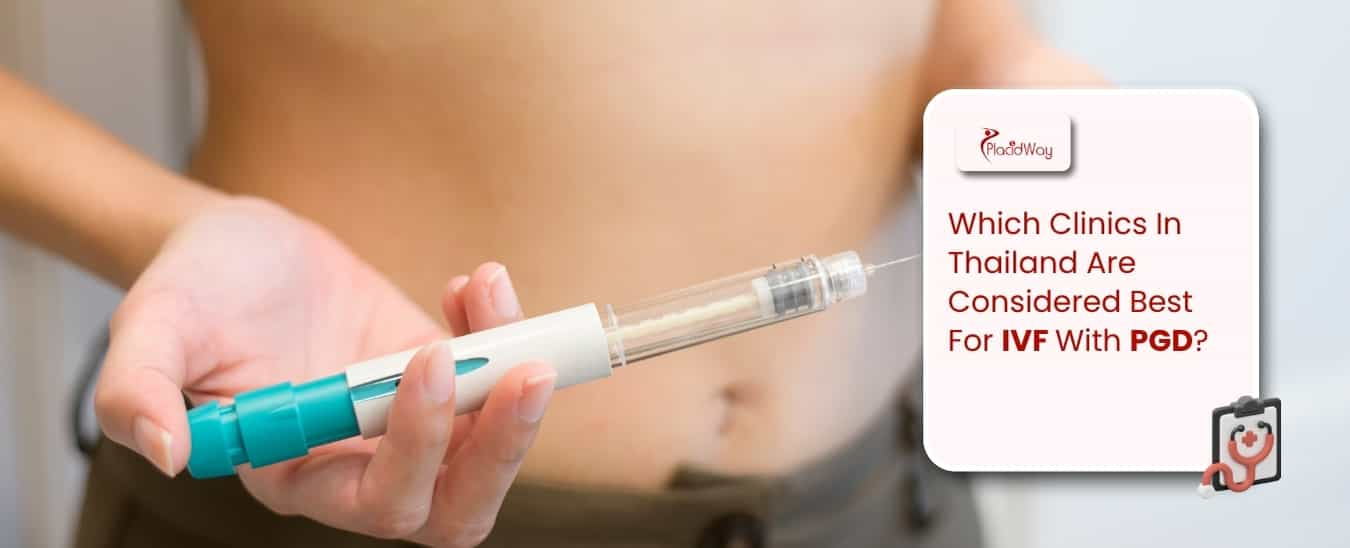
Welcome to our comprehensive guide on finding the best clinics in Thailand for IVF with PGD. If you're considering fertility treatment and exploring options abroad, Thailand has emerged as a leading destination, especially for advanced procedures like In Vitro Fertilization combined with Preimplantation Genetic Diagnosis (PGD).
Thailand's reputation for medical excellence, coupled with its welcoming culture and competitive pricing, makes it an attractive choice for individuals and couples seeking high-quality healthcare. When it comes to IVF with PGD in Thailand, specifically, Thai clinics are known for their state-of-the-art facilities, adoption of cutting-edge reproductive technologies, and a team of highly skilled fertility specialists.
What is the typical cost of IVF with PGD in Thailand?
The typical price range for a full cycle of IVF with PGD in Thailand is approximately $8,000 to $15,000 USD. This fee usually covers the core IVF procedures, including consultations, ovarian stimulation, egg retrieval, fertilization, embryo culture, and embryo transfer, along with the PGD genetic testing component.
What factors should I consider when choosing an IVF clinic in Thailand?
Selecting the right IVF clinic is paramount to a successful fertility journey, especially when incorporating advanced procedures like PGD. Thailand offers many choices, so a careful evaluation of various factors is essential to ensure you choose a clinic that aligns with your needs and expectations.
Here are key factors to consider:
- Success Rates: Inquire about the clinic's success rates specifically for IVF with PGD, taking into account age-specific data and different genetic conditions. High success rates are a strong indicator of a clinic's expertise and quality.
- Specialist Experience and Qualifications: Research the fertility specialists and embryologists. Look for doctors with extensive experience in IVF and a strong background in genetic testing and reproductive endocrinology. Certification by international bodies can also be a good indicator.
- Laboratory Technology and Accreditation: The quality of the embryology and genetic laboratories is critical for PGD. Ensure the clinic uses state-of-the-art equipment and follows strict quality control protocols. International accreditations (e.g., JCI) can provide assurance of high standards.
- Transparency in Pricing: A reputable clinic will provide a clear, itemized breakdown of all costs associated with IVF with PGD, including medications, consultations, and potential additional procedures. Avoid clinics with hidden fees.
- Patient Support and Communication: Excellent patient care includes clear communication, emotional support, and easy access to medical staff. For international patients, look for clinics with multilingual staff and dedicated international patient coordinators.
- Range of Services: Ensure the clinic offers a comprehensive suite of services, including various PGD testing options, advanced embryo culture techniques, and fertility preservation options if needed.
- Location and Logistics: Consider the clinic's location in Thailand, ease of access, and proximity to accommodation and transportation.
What are the success rates for IVF with PGD in Thailand?
Understanding success rates is a key consideration for anyone undergoing IVF with PGD. In Thailand, clinics offering these advanced fertility treatments often report success rates that are comparable to, and sometimes even exceed, those in Western countries. While specific numbers vary by clinic and individual circumstances, a general range for live birth rates per embryo transfer using PGD-tested embryos is often between 40% and 60%.
How long does the IVF with PGD process take in Thailand?
The timeline for an IVF with PGD cycle in Thailand involves several distinct phases, each requiring specific durations. While individual circumstances can cause slight variations, a complete single cycle generally spans approximately 4 to 6 weeks from the start of medication to the embryo transfer. For international patients, planning for this duration, including travel and recovery, is essential.
Are there any legal considerations for IVF with PGD in Thailand?
Thailand has a well-established legal framework governing Assisted Reproductive Technologies (ART), including IVF with PGD. These regulations are designed to protect the rights of all parties involved and ensure ethical practices. The primary legislation is the "Protection for Children Born from Assisted Reproductive Technologies Act B.E. 2558 (2015)," often referred to as the ART Act.
Patients considering IVF with PGD in Thailand should always discuss the legal framework thoroughly with their chosen clinic. Reputable clinics will provide comprehensive information on all legal aspects relevant to their treatment plan, ensuring compliance with Thai laws and ethical guidelines.
Considering IVF with PGD in Thailand? Let PlacidWay guide you. Explore a world of trusted medical tourism solutions and connect with top-tier clinics offering advanced fertility treatments and personalized care. Your journey to parenthood starts here.


.png)

-Package-in-Bangkok-Thailand-at-First-Fertility-PGS-Center.jpg)
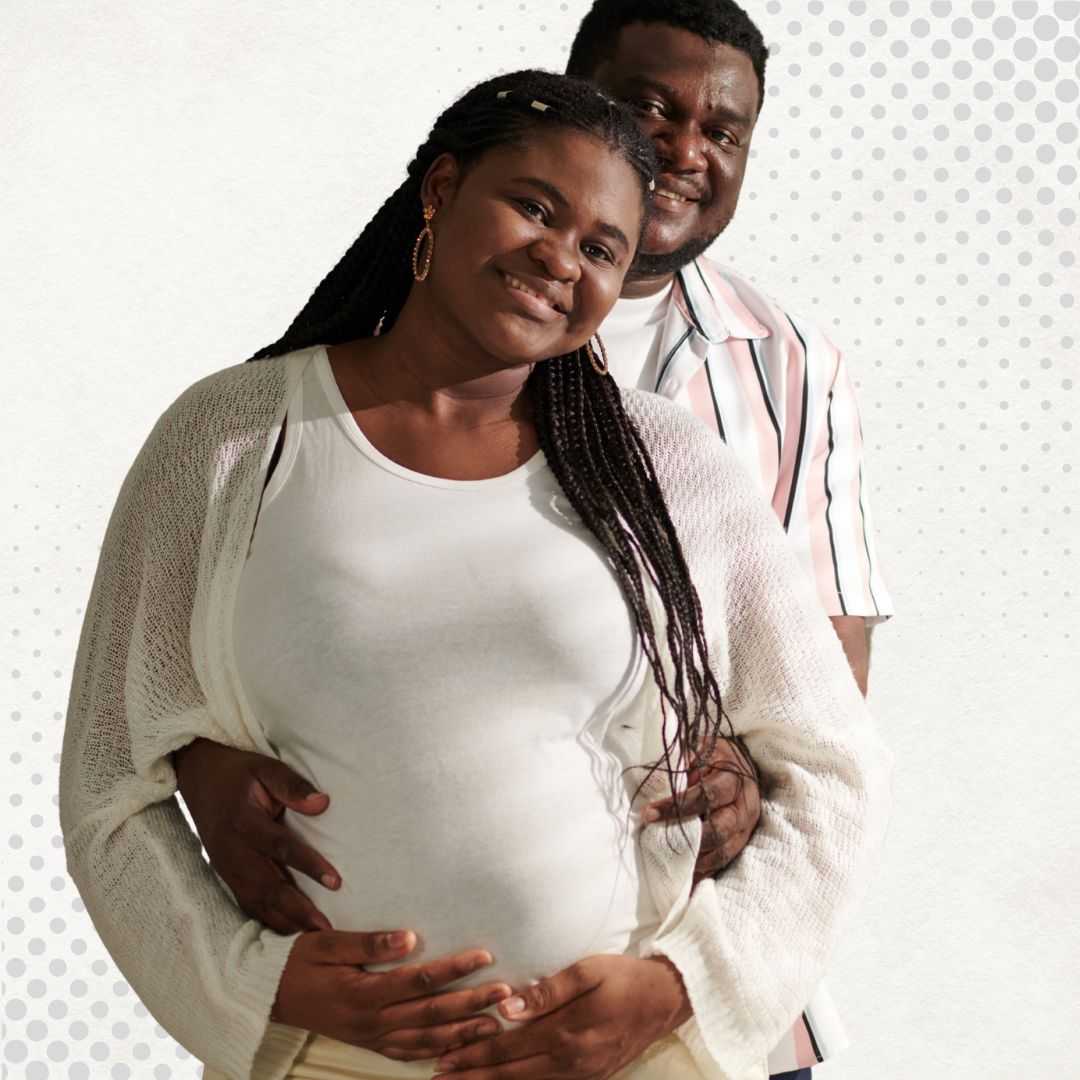


.png)
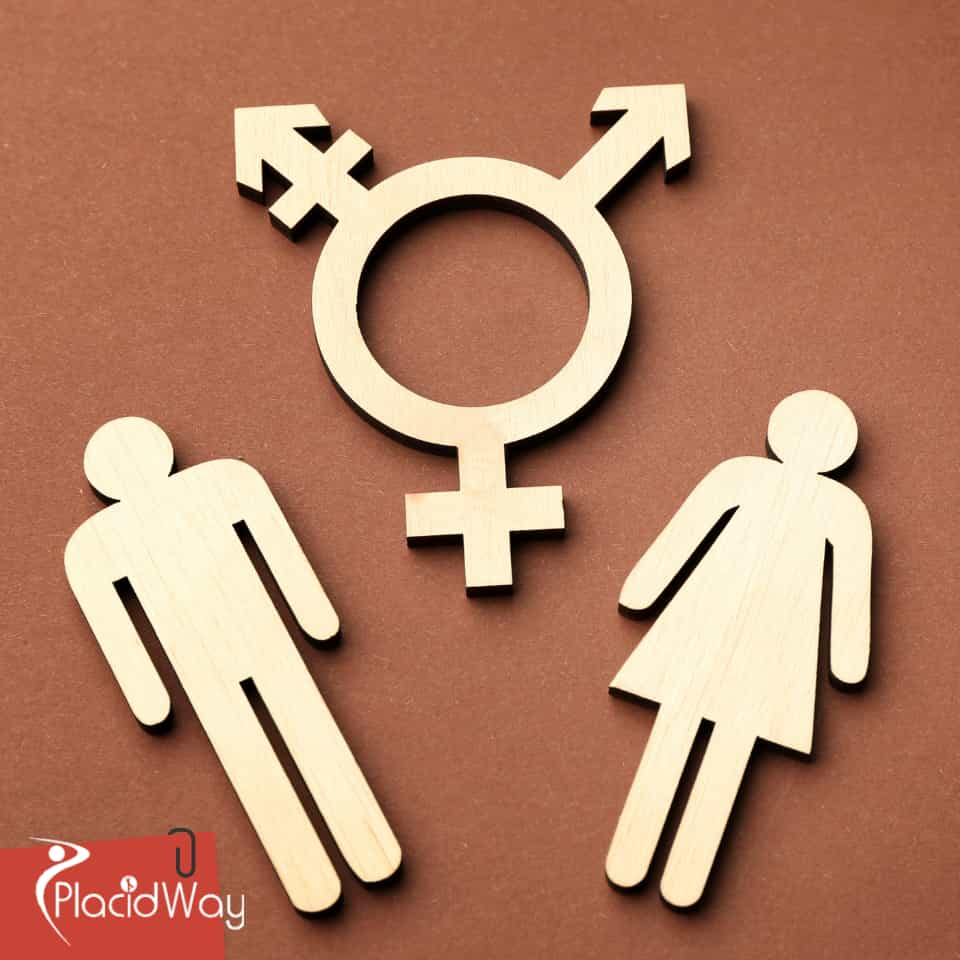
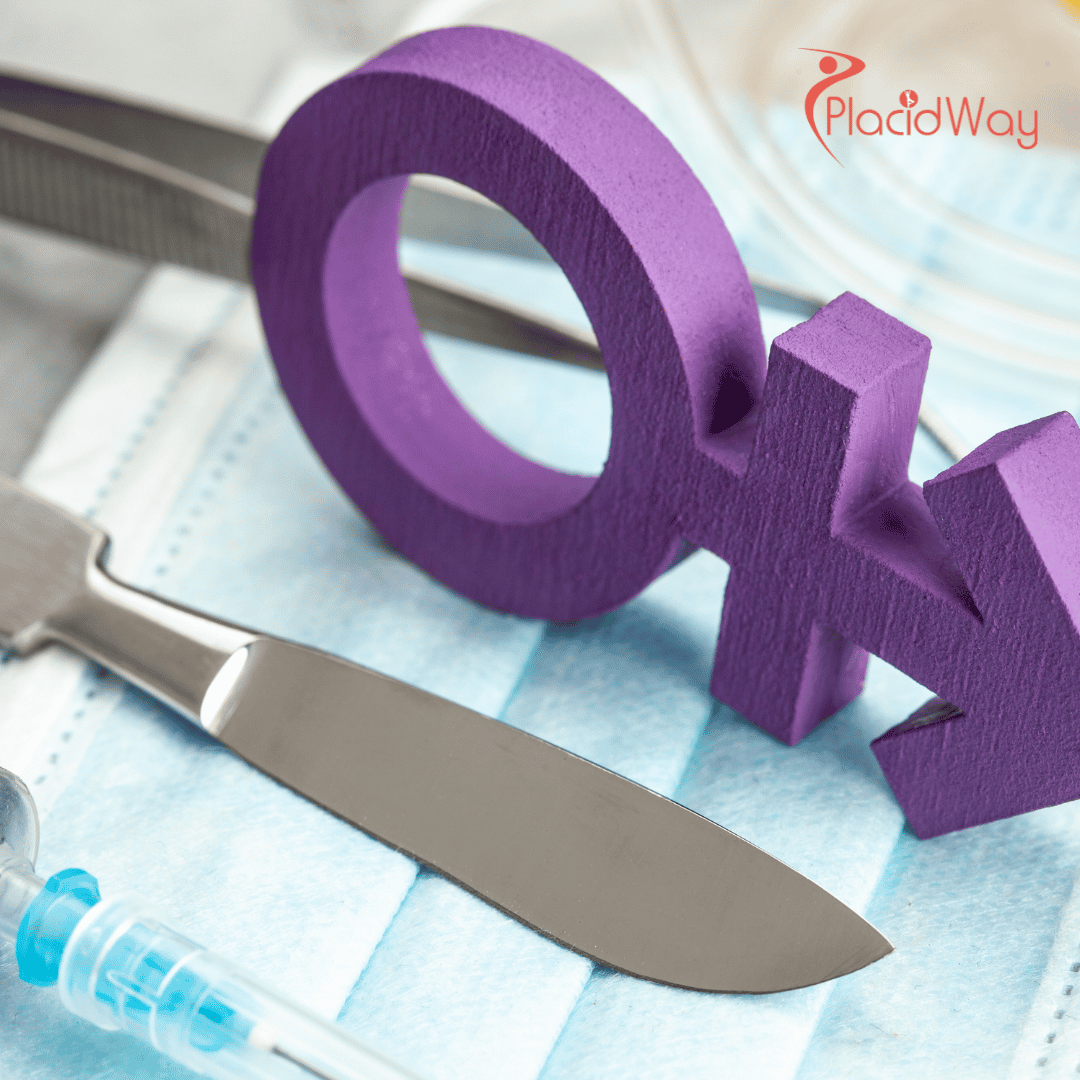
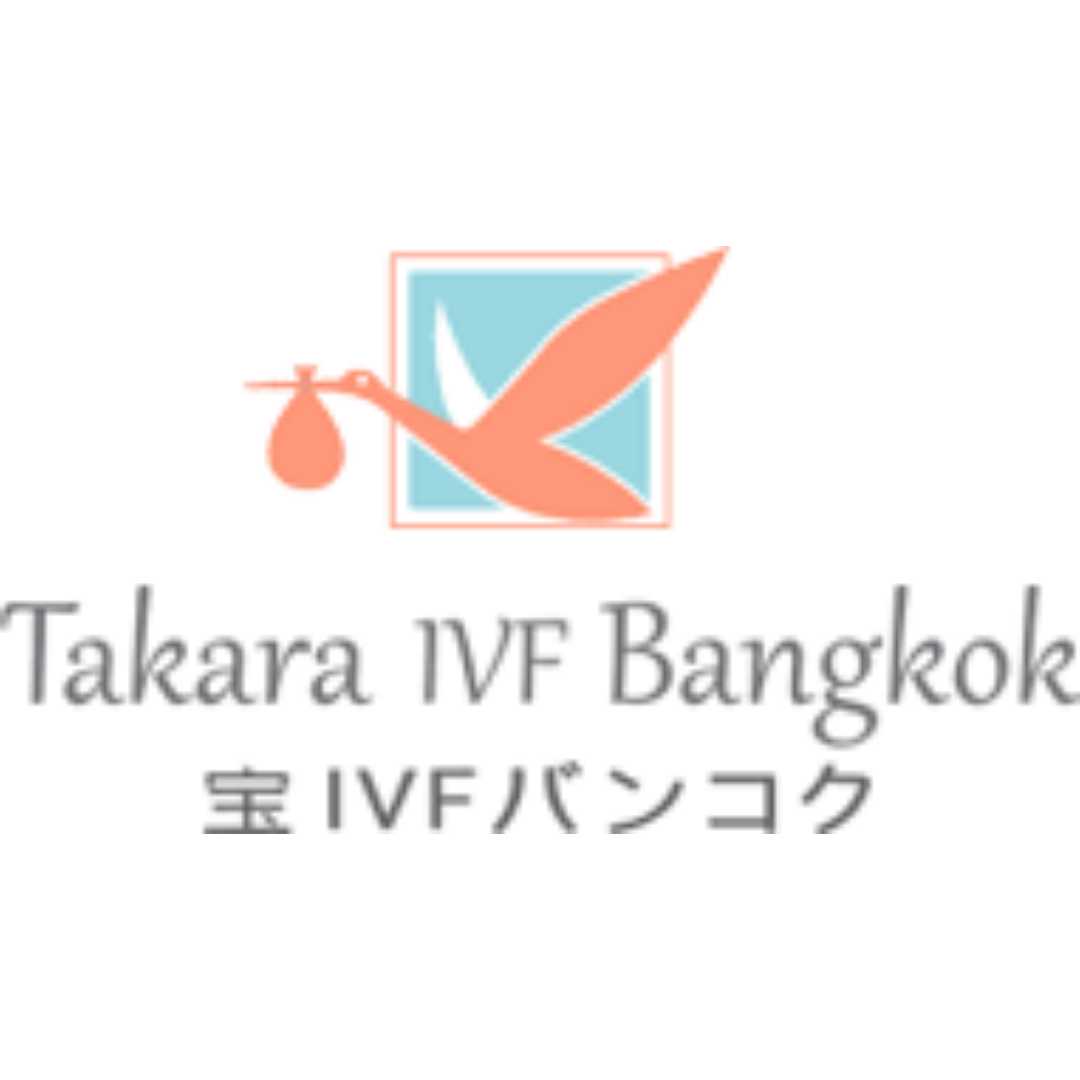
.png)
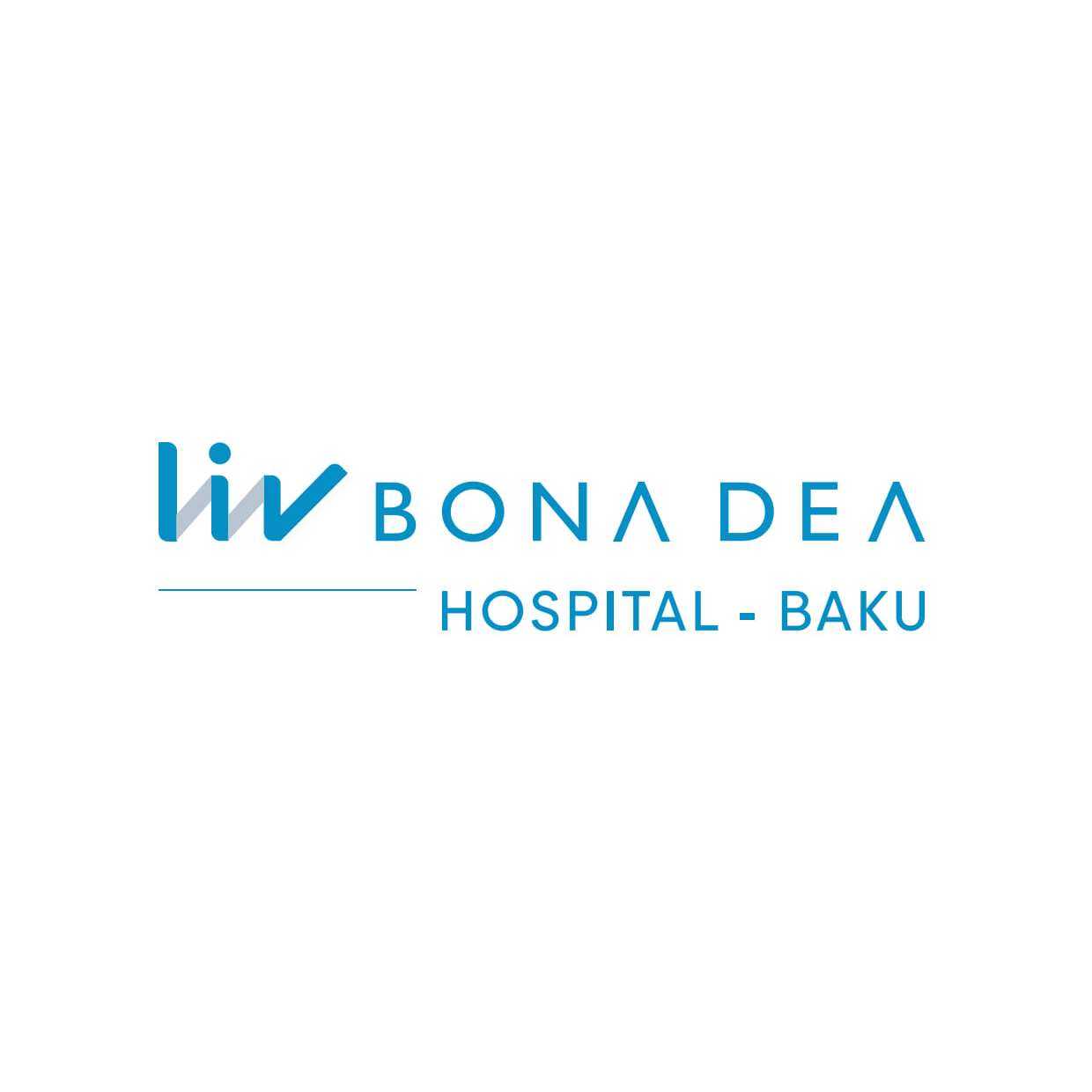
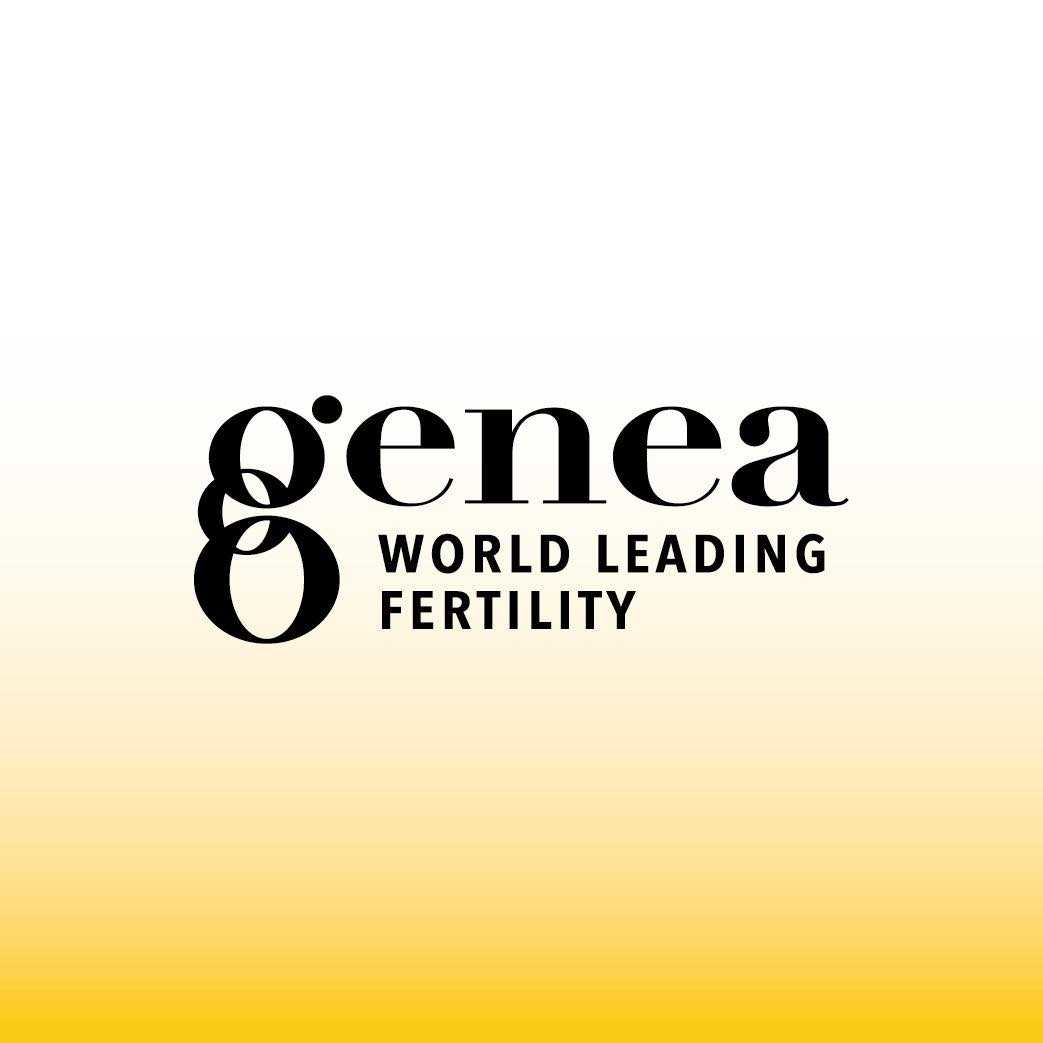
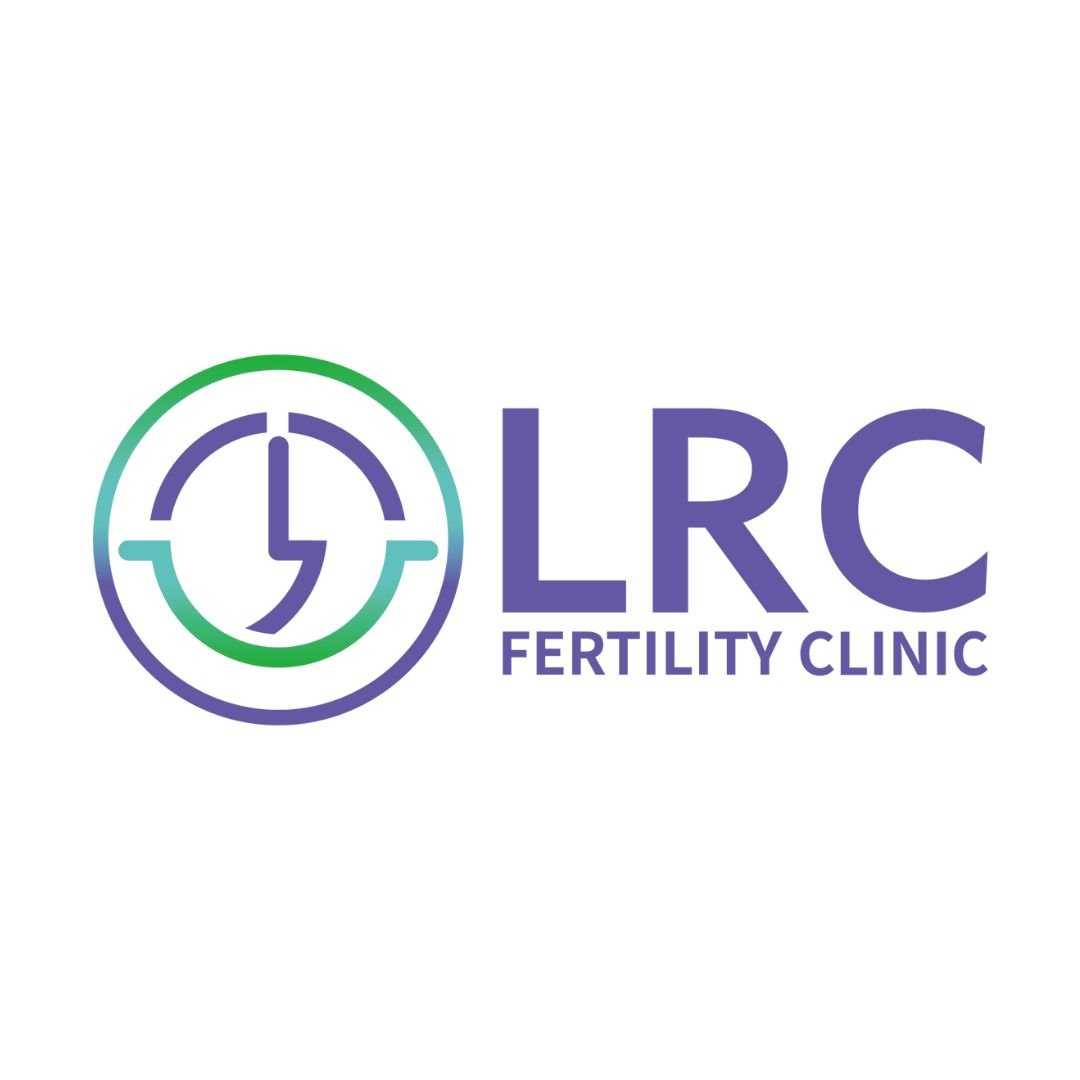

Share this listing